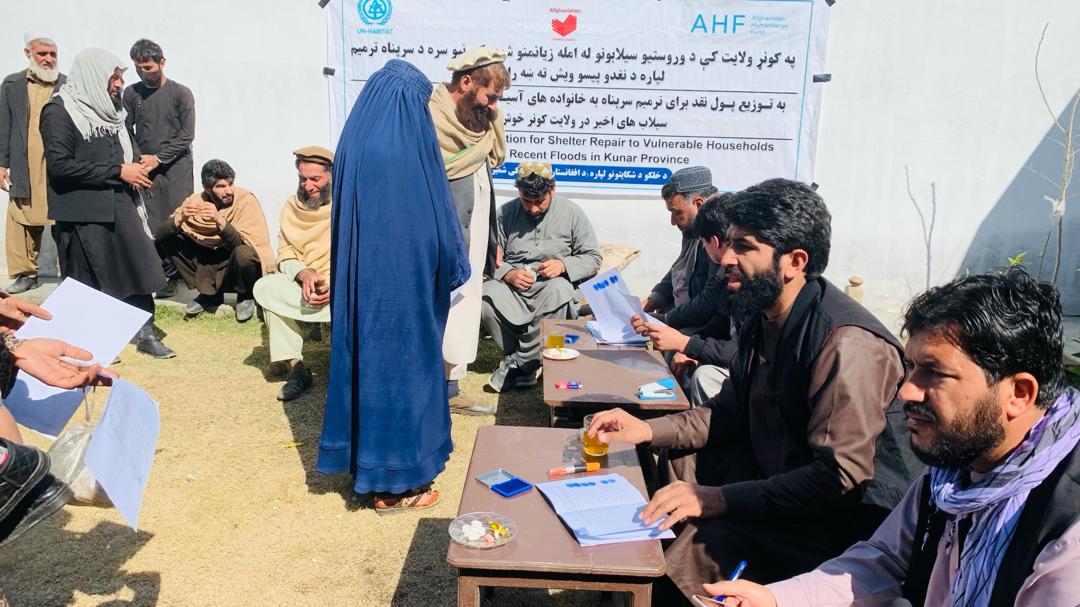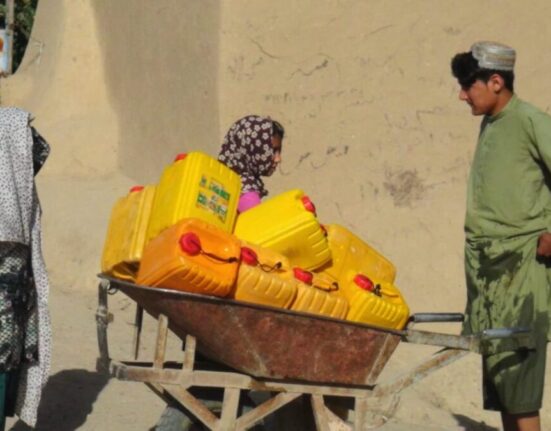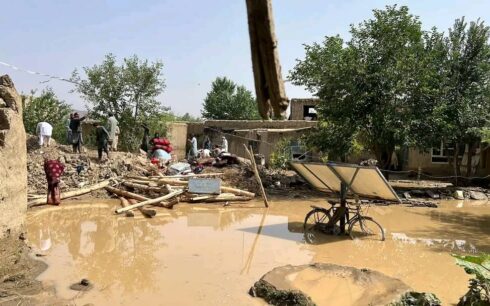KABUL, Afghanistan — Humanitarian access in Afghanistan faced significant challenges in November, with 164 incidents reported—a 56 percent increase from the previous month and an 11 percent rise compared to the same period last year, according to a report by the U.N. Office for the Coordination of Humanitarian Affairs (OCHA).
The report attributed 99 percent of these access constraints to actions by the Taliban, with incidents concentrated in the Southern, Central Highlands, Western, and Central regions, which accounted for 67 percent of the cases. These challenges led to the temporary suspension of 72 projects, the permanent halt of two initiatives, and the closure of one facility.
Interference in aid operations
Interference in the implementation of humanitarian activities was cited as the primary reason for the access constraints, with 145 incidents documented in November compared to 83 the previous month. Key types of interference included:
Programming interference: 60 incidents.
Requests for sensitive data: 37 incidents.
Staff recruitment interference: 16 incidents.
Restrictions on women humanitarian workers: 10 incidents.
Procurement interference: 9 incidents.
Prevention of women accessing goods and services: 6 incidents.
Delays in signing agreements: 4 incidents.
Interference in beneficiary selection: 2 incidents.
Aid confiscation: 1 incident.
As a result, 64 projects were temporarily suspended in November, with 50 remaining suspended into December.
According to UN, violence against humanitarian personnel and assets rose by 37 percent in November, with 13 incidents reported, up from eight the previous month. These included six arrests or detentions of aid staff, two physical attacks, four threats, and the forced closure of two facilities.
“These incidents have created a hazardous operational environment, jeopardizing the safety and security of humanitarian workers,” OCHA said.
Movement restrictions and directives
Movement restrictions further constrained humanitarian efforts. Five incidents were documented in November, including three related to checkpoints, one requiring a male guardian (Mahram) for female staff, and another enforcing dress codes.
Additionally, the Taliban issued 124 directives significantly affecting aid operations. These directives reflect growing scrutiny and control over humanitarian organizations. Taliban leader Hibatullah Akhundzada recently emphasized tighter authority over private and non-governmental organizations during a meeting in Kandahar.
The increasing restrictions and interference come amid Afghanistan’s worsening humanitarian crisis, exacerbated by the Taliban’s isolation from international funding. Experts warn that heightened control and lack of funding could further deteriorate the already dire situation for millions of Afghans reliant on aid.
The report underscores the urgent need for the international community to address operational challenges and ensure the safety and effectiveness of humanitarian work in Afghanistan.





